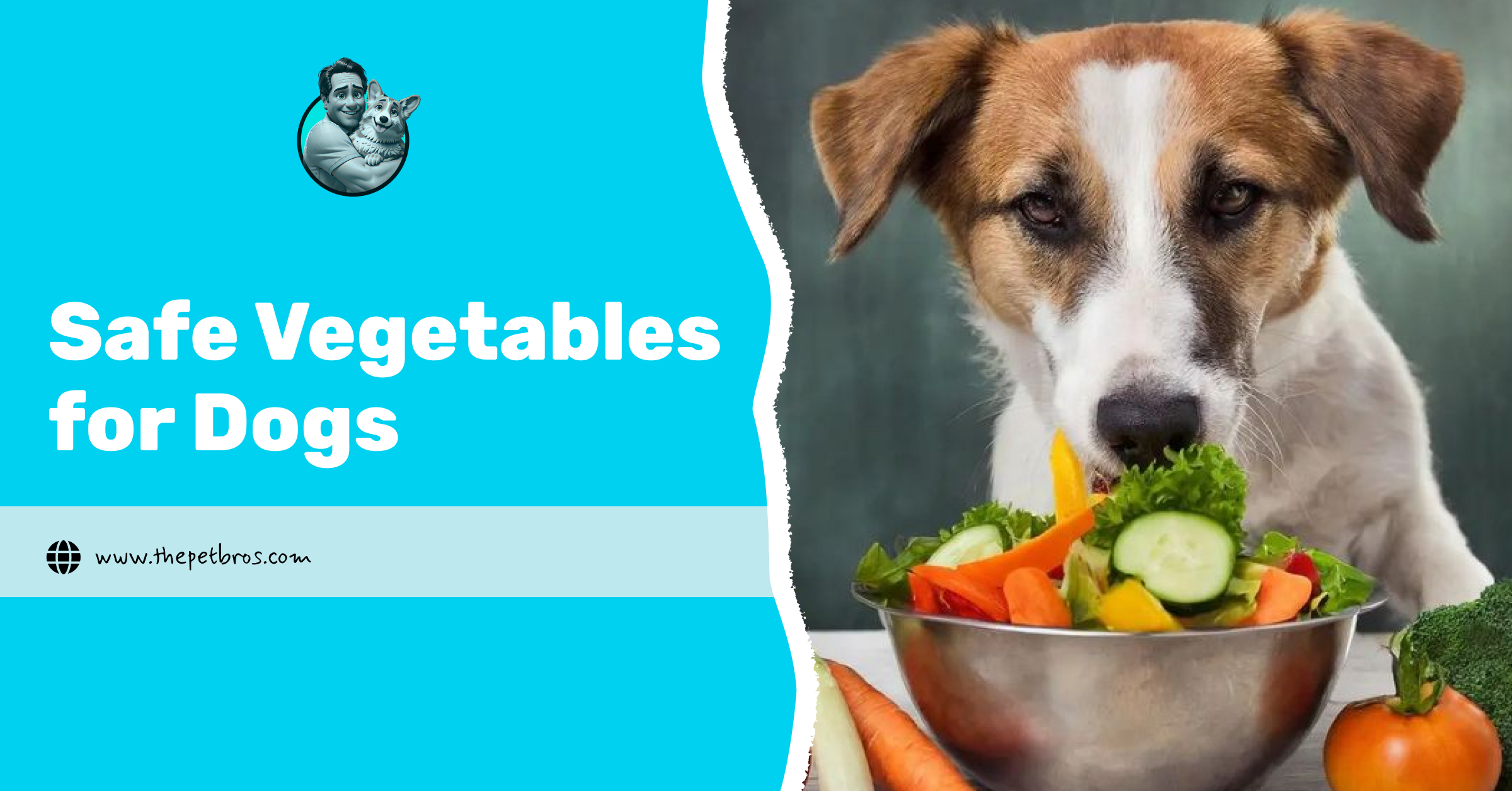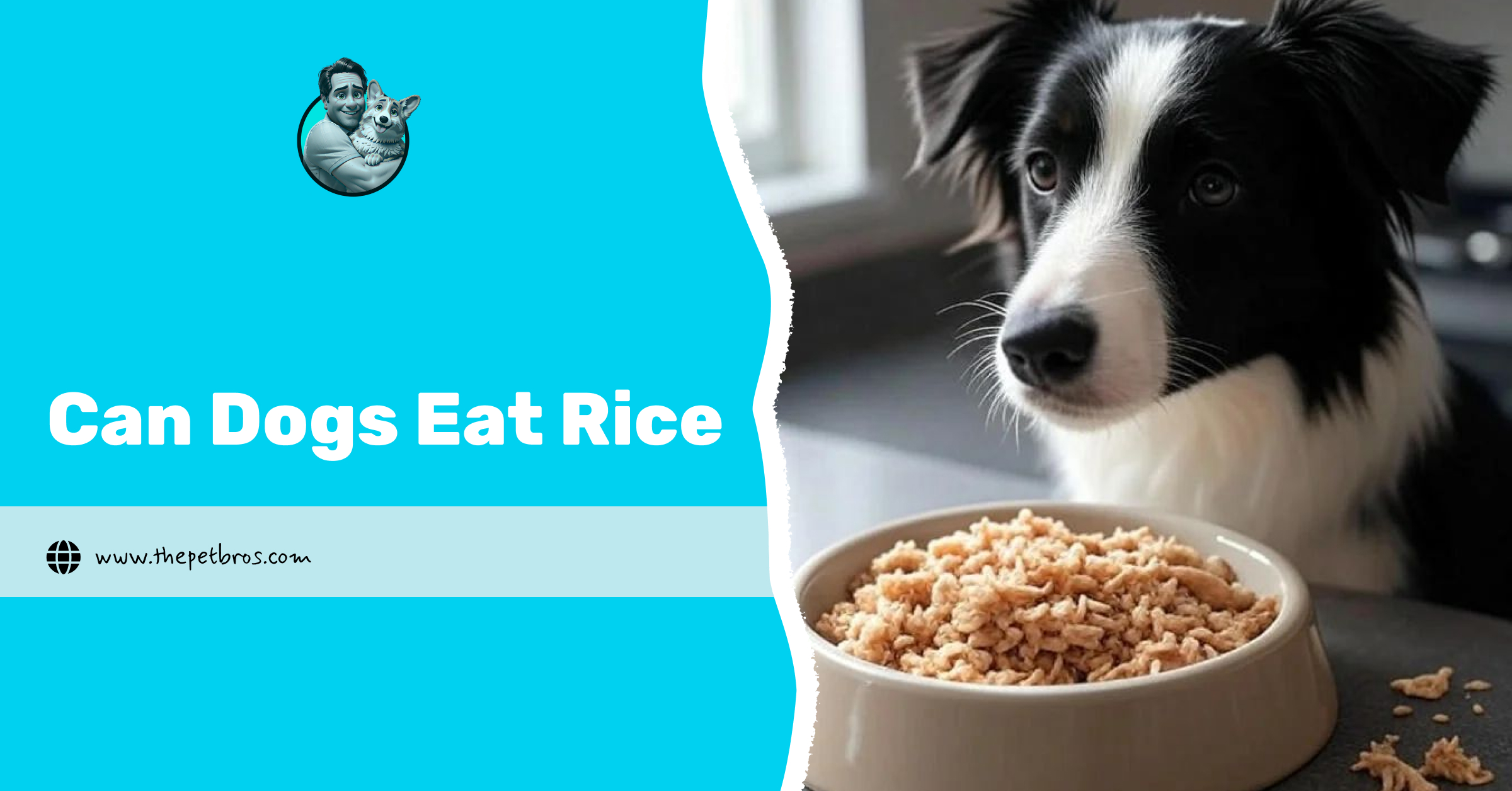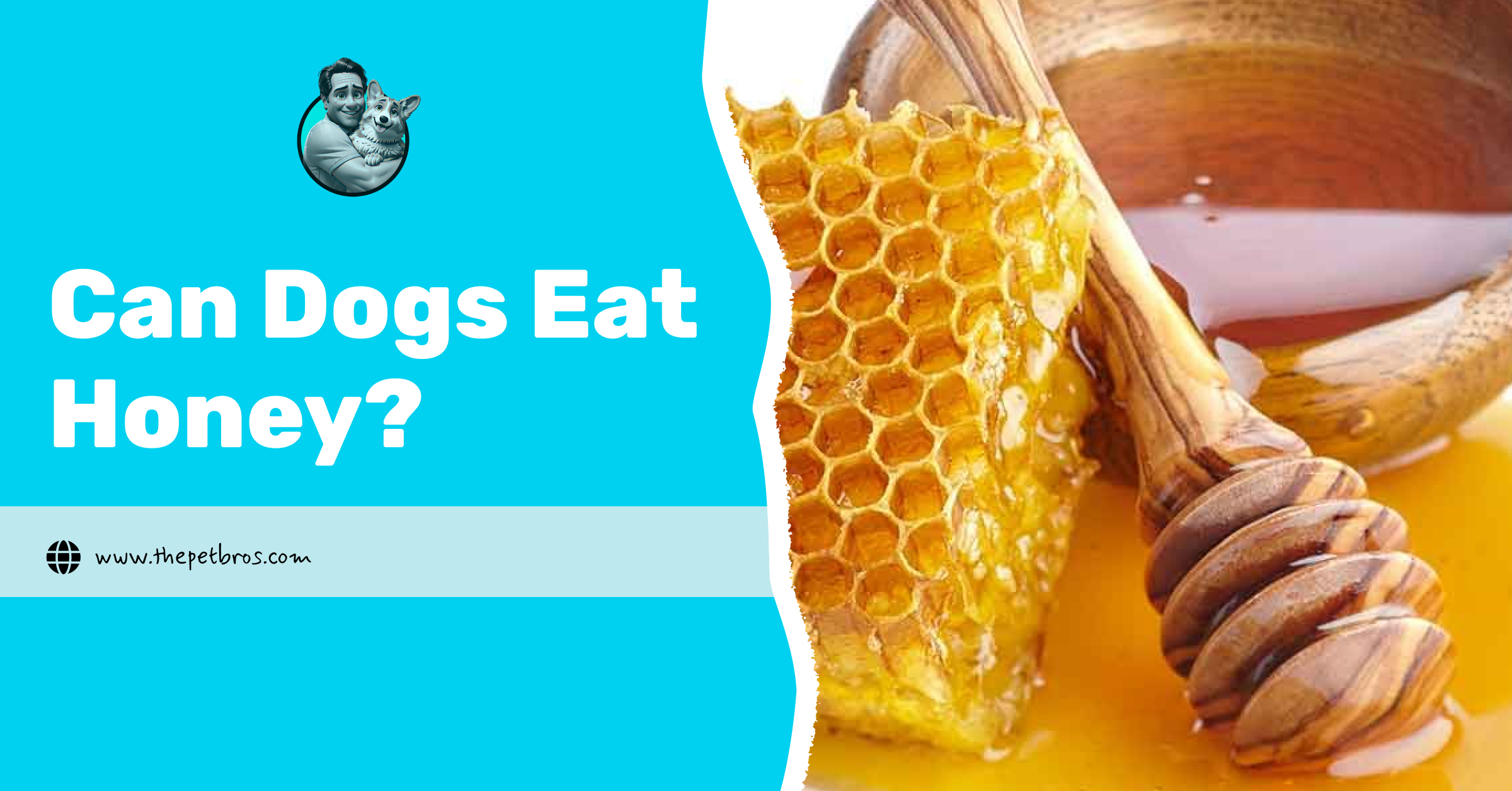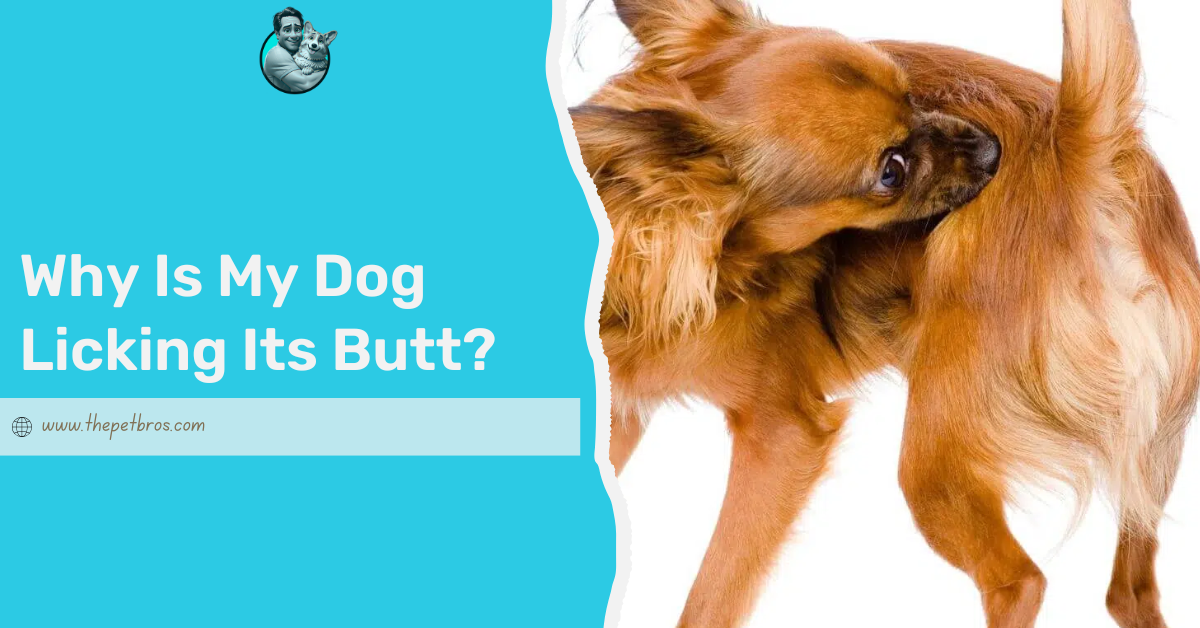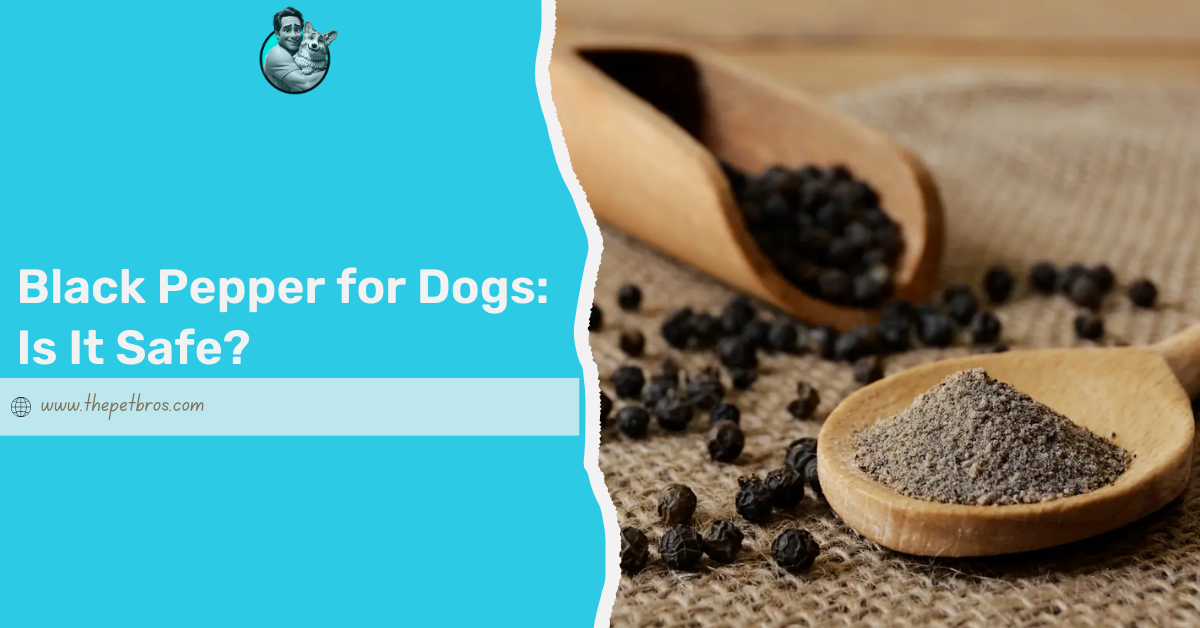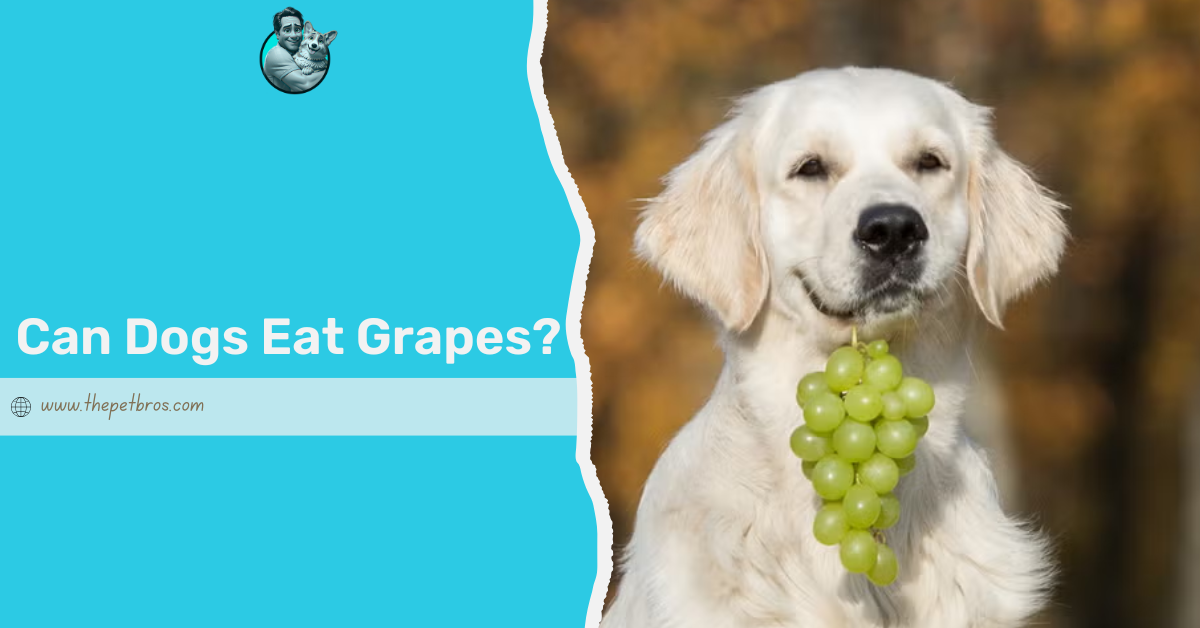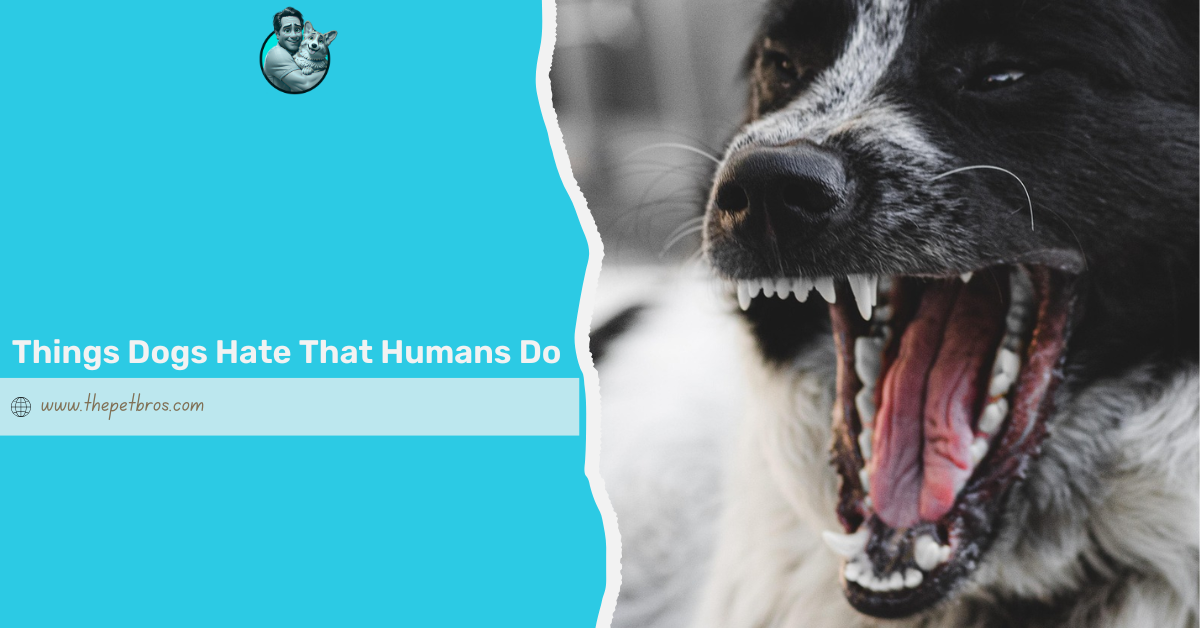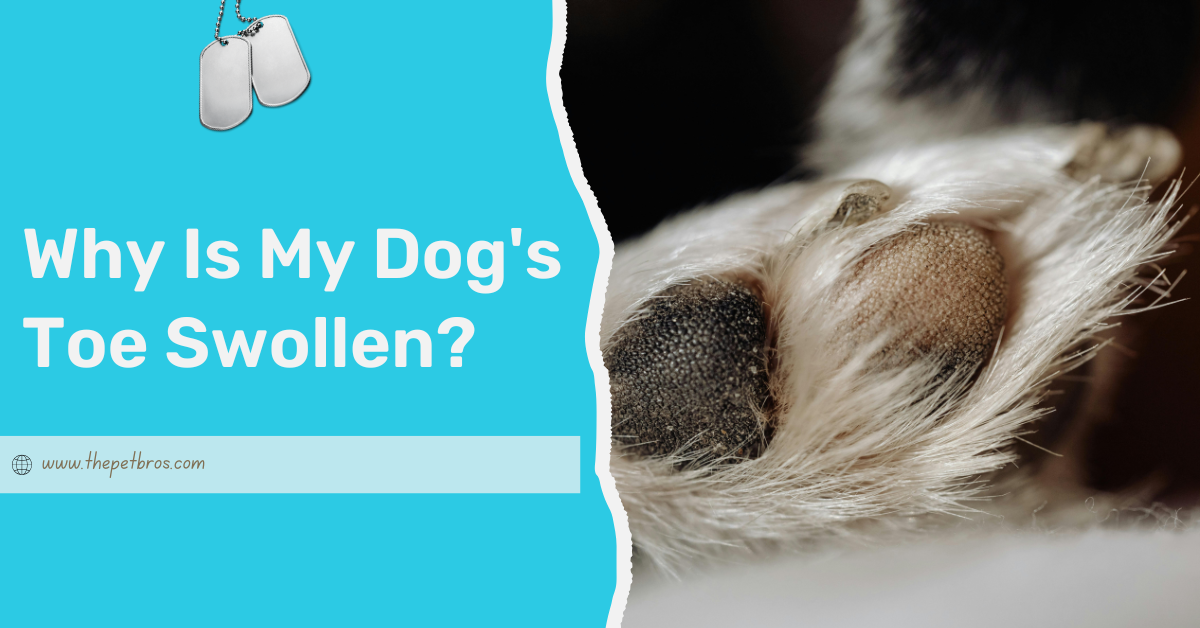Dogs may be natural meat lovers, but that doesn’t mean veggies can’t play a starring role in their diet. Safe vegetables for dogs can bring a boost of vitamins, minerals, and fibre that meat alone can’t provide. They do not just play the “colourful meal” role; vegetables keep your pup’s meals balanced and nutritious. Like the carrot that serves as a crunchy snack and doubles as a dental aid or the leafy greens that support digestion, vegetables can do more for your dog than you might expect.
Before we go into the best picks, it’s worth noting that not every veggie on your plate is safe for your furry friend. Some are packed with dog-friendly nutrients, while others can cause stomach upset or worse. So, let’s look at the vegetables that get the vet-approved seal of safety and how you can serve them up in ways your dog will enjoy.
Why Vegetables Belong in a Dog’s Diet
Think of vitamins and minerals as tiny helpers running around your dog’s body, keeping everything ticking over. Carrots bring a boost of vitamin A for healthy eyes, spinach sneaks in some iron for energy, and broccoli packs in antioxidants. On top of all that, vegetables are loaded with fibre. And what does fibre do? It keeps digestion smooth and can even help manage your dog’s weight by making them feel fuller for longer. Handy if your pup has a habit of begging for seconds!
Another reason to love vegetables is how light they are. Unlike shop-bought treats that can pile on the calories, a crunchy green bean or a slice of cucumber feels like a treat without tipping the scales. They’re basically guilt-free snacks that put you and your dog on the best of terms, and not otherwise.
So, while meat may take centre stage, vegetables deserve their spot on the plate too. They make meals more balanced, keep your pup healthy, and add a bit of crunch and colour to dinner time.
10 Safe Vegetables for Dogs and How to Prepare Them
1. Carrots
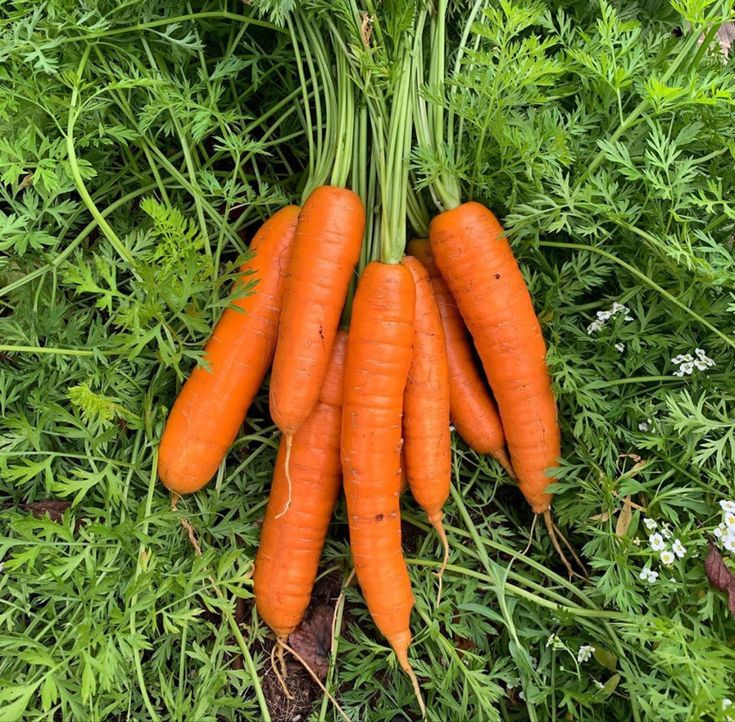
Carrots are crunchy, sweet, and naturally low in calories; they make the perfect snack between meals. Many dogs love them raw because of the satisfying crunch, and they even help keep teeth clean. You can also steam or boil carrots for a softer treat, especially for older dogs who find chewing tough. These orange sticks support eye health and digestion while doubling as a guilt-free nibble.
2. Green Beans
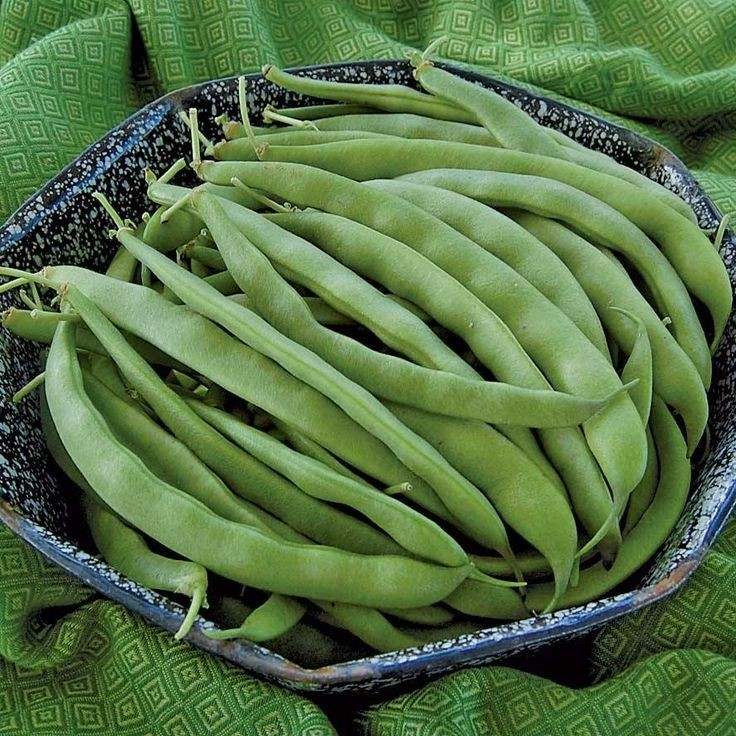
Green beans are a brilliant choice for pups who love a bit of variety. They are light, full of fibre, and can be given raw, steamed, or cooked without any added seasoning. Dogs find vegetables and even fruits that taste like green beans satisfying to munch on, and they are excellent for keeping weight in check. They are one of the most popular safe vegetables for dogs to enjoy.
3. Broccoli

Broccoli is another healthy option, but it should only be given in small amounts. It is rich in vitamin C, calcium, and fibre, which all contribute to strong bones and better digestion. Served raw or lightly cooked, broccoli can be a tasty side treat for your dog. The florets are the safest part, as the stalks can sometimes cause gas if eaten in large quantities.
4. Sweet Potatoes
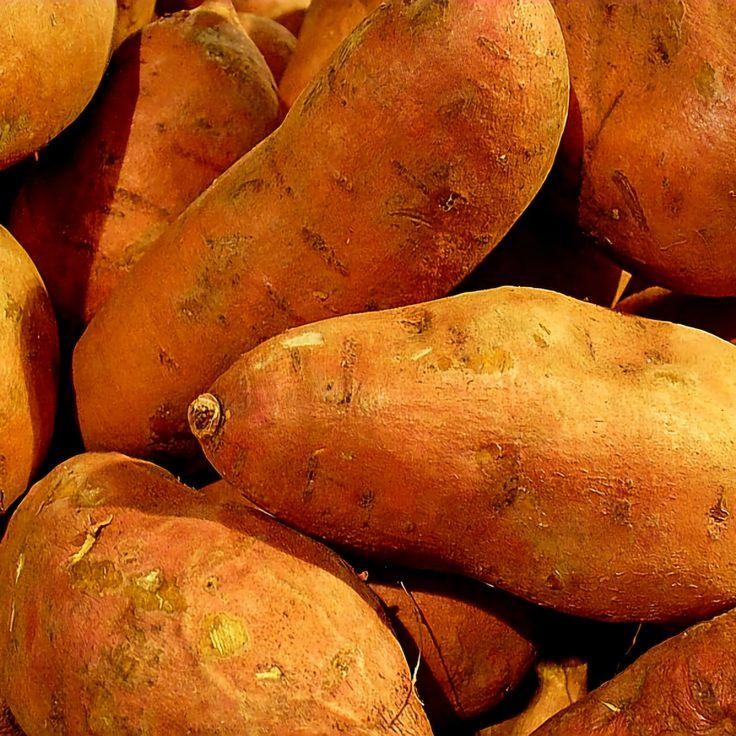
Sweet potatoes are a big favourite among many pups because of their natural sweetness. Rich in fibre, vitamin A, and antioxidants, they help with digestion and support overall health. Always cook them properly by boiling, steaming, or baking, and avoid adding any butter or seasoning. Their soft texture makes them perfect and safe vegetables for dogs of all ages, from puppies to seniors.
5. Pumpkin

Pumpkin is a real treat for dogs, a good option for your pampered dog. Packed with fibre and gentle on their tummies. It can help keep digestion regular and soothe an upset stomach. A spoonful of plain cooked pumpkin makes a tasty addition to their meals. Just avoid pumpkin pie filling, as the added sugar and spices are not safe for dogs.
6. Peas

Sweet, tiny, and full of goodness, peas are fantastic treats and safe vegetables for most dogs. You can give them straight from the pod, cooked, or even frozen as a crunchy little snack on hot days. They are packed with protein, fibre, and vitamins that help keep your pup active and energised. Garden peas, snow peas, and sugar snap peas all work well; just avoid canned peas with added salt.
7. Zucchini
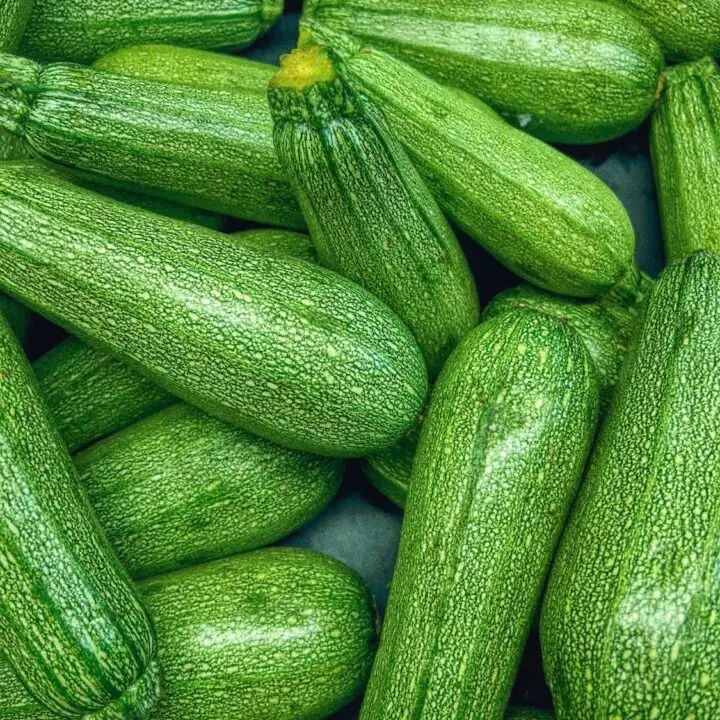
Zucchini is a light, refreshing option that many dogs enjoy, especially when served raw in small slices. It is low in calories yet packed with fibre, making it a great snack for dogs who need to manage their weight. Zucchini also provides vitamins A, C, and K, which support immunity and bone health. You can steam it or serve it plain, but avoid seasoning or oils. Always offer it in moderation to prevent tummy upset.
8. Spinach

This may come as a surprise, but spinach is good for dogs treating heart disease. You can lightly steam or chop it fresh into their meals for an extra boost. Too much spinach is not ideal, as it contains oxalates that can affect calcium absorption, so keep it as an occasional addition rather than a main feature.
9. Cucumbers
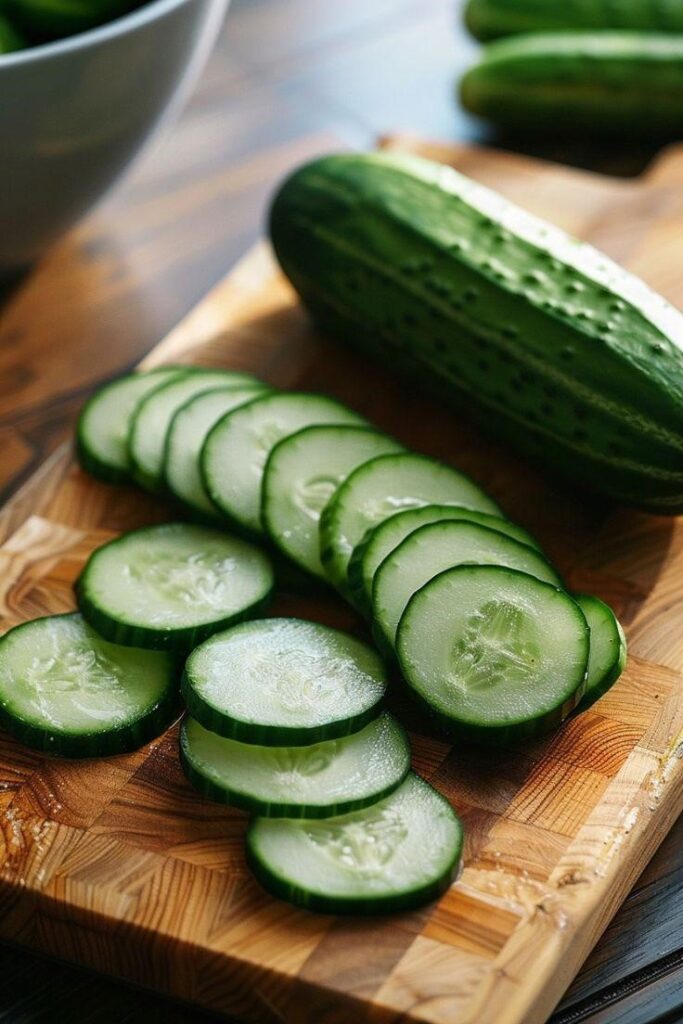
Cucumbers are a refreshing treat that most dogs love, especially in warm weather. They are low in calories and contain a high amount of water, which helps with hydration. Slice them into small pieces to avoid choking, and serve them fresh for a crisp bite. Packed with vitamins and minerals, cucumbers also support joint health and keep energy levels balanced.
10. Bell Peppers
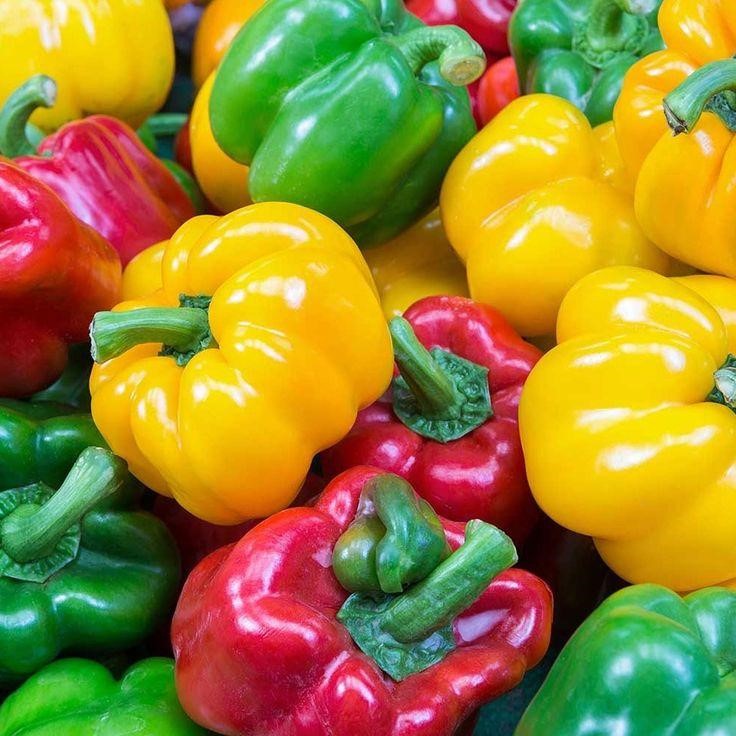
Bell peppers, especially red ones, support your dog’s immune system and help maintain healthy skin and coat. Most dogs enjoy the crisp texture, making bell peppers a healthy snack alternative to processed treats. Serve them raw or lightly cooked without seasoning. Remove the seeds and stem before feeding, as these parts can be harder to digest.
Are There Unsafe Vegetables For Your Dog?
Not every vegetable is good for dogs, and some can be downright dangerous. Onions and garlic are the biggest offenders, and even a small amount can harm your dog’s red blood cells, leading to weakness, tiredness, or worse if eaten in a large quantity, just like black pepper. Mushrooms are another one to avoid, as many types can upset your dog’s stomach, and certain wild varieties are highly toxic.
Because it is so hard to know which mushrooms might be safe, it is best to keep them off your dog’s plate altogether. The same goes for onions and garlic in any form, cooked or raw. Sticking with safe vegetables for dogs means your pup gets all the goodness without any of the risks.
How to Safely Serve Vegetables to Dogs
When it comes to serving vegetables, the big question is cooked or raw. Most dogs can nibble on raw veg like carrots or cucumber without trouble, but some vegetables are gentler on the tummy when lightly cooked. A bit of steaming or roasting helps soften them, making them safe vegetables for dogs to chew and digest.
If you are cooking vegetables for your pup, keep them plain and simple. No salt, no oil, and definitely no fancy seasonings. Dogs do not need the extras we use in our food, and those extras can sometimes make them poorly.
Finally, portion size matters. A few pieces as a treat or mixed into their meals are perfect, but too much veg can upset their stomach, making it difficult for them to sleep at night. The key is moderation. Think of vegetables as a bonus snack, not the main event, and your dog will get the benefits without the bellyache.
Conclusion
Exploring safe vegetables for dogs is like getting them a personal digging spot to expend their energy. In other words, a handful of crunchy greens or sweet bites can turn an ordinary meal into something special. When you keep portions small and skip the seasoning, you are giving your dog both health and happiness on a plate.
Frequently Asked Questions
Can I feed my dog vegetables only?
No. Dogs need a balanced diet with protein, not just vegetables.
Can I feed my dog rice and veggies every day?
No. Rice and vegetables alone don’t meet all their nutritional needs.
What is the healthiest food to feed your dog?
A complete, balanced dog food with small veggie add-ons.
What human foods can dogs have daily?
Plain carrots, peas, cucumber, lettuce, zucchini, or green beans in moderation.
What is good homemade food for dogs?
Lean protein with small amounts of safe, cooked vegetables.






